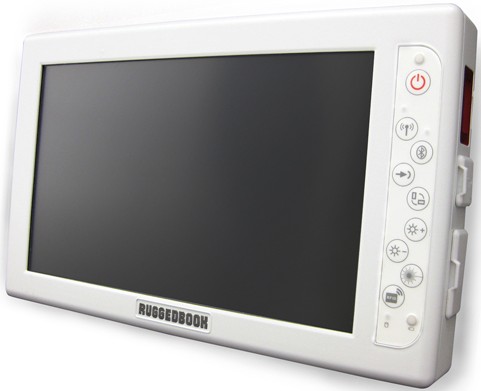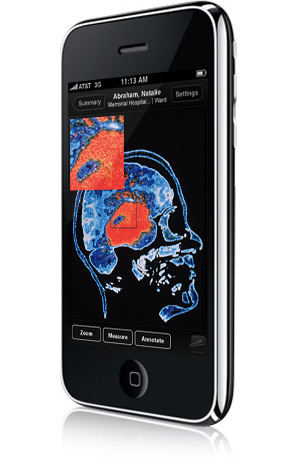Several years ago a member of pharmacy leadership at the hospital I was working for told a bunch of pharmacists, me included, that he could get a monkey to do our job. The statement became a running joke in the department as the pharmacists began bringing in monkey stuffed animals, monkey pencil toppers and putting up wanted posters with photos of monkeys offering a reward for information.
As funny and insulting as the statement was, there was a hint of truth to it based on what my job duties were at the time. The “monkey statement”, as it was known, led to me re-evaluating my position there and ultimately to a job change.
So what is the monkey theory? Well, it boils down to this; if you can teach someone to do something in a couple of hours without any prior experience or critical thinking involved then that task falls under the monkey theory. Everyone knows what I’m talking about and every job has monkey related tasks.
I held several manual labor jobs prior to entering pharmacy school. In fact, those jobs are what made me decide to go back to school in the first place. I worked in a lumber yard, a machine shop that built flood gates for dams, as a nobody in the military and as a night watchman. Strange, but the jobs in the lumber yard and machine shop didn’t really qualify as part of the monkey theory. Both jobs required certain physical skills that many people don’t have. There was also some strange gratification gained from doing hard, physical labor day in and day out.
Pardon me, I am reminiscing. Back to the monkey theory. What duties qualify under the rules of the monkey theory? They’re easy to figure out, just give it some thought.
Now the big question, what percentage of monkey work is acceptable to a pharmacist? Good question, and most likely a personal choice. I’ve met pharmacists that like the “monkey work†and I’ve also met pharmacists that hate the “monkey workâ€. Everything is a give and take. How much are you willing to take?
Think about it.

 This weeks cool technology comes by way of a comment left at
This weeks cool technology comes by way of a comment left at  2009 brought many new and exciting changes not only in my personal life, but in the world of pharmacy and technology as well. I’ve learned many new things, gained some skills previously absent from my armamentarium, met some great new people, discovered the “real†internet for the first time, traveled more than ever before, discovered I don’t know diddly squat about a great many things, and am more excited about the next year than I can remember in recent history.
2009 brought many new and exciting changes not only in my personal life, but in the world of pharmacy and technology as well. I’ve learned many new things, gained some skills previously absent from my armamentarium, met some great new people, discovered the “real†internet for the first time, traveled more than ever before, discovered I don’t know diddly squat about a great many things, and am more excited about the next year than I can remember in recent history.